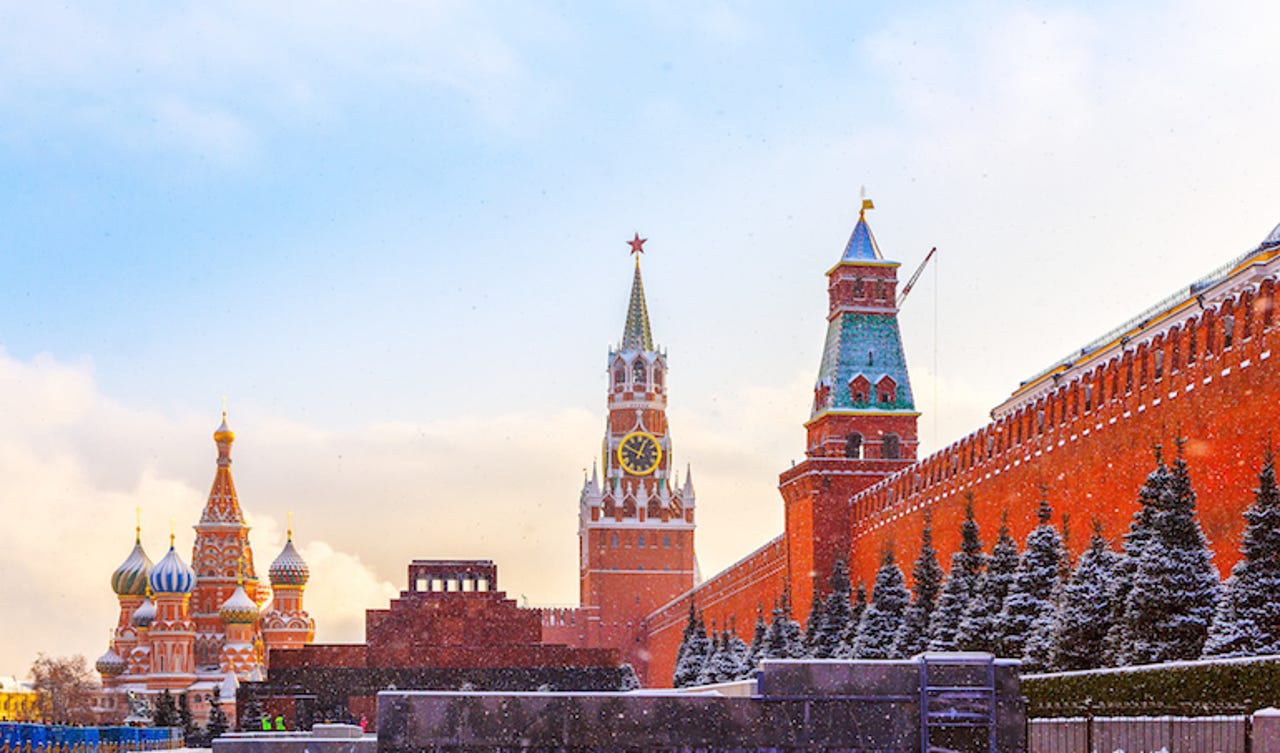Russian hackers target critical infrastructure and democracy, warns UK


Hacking: From Russia with love?
Russia has used hacking and misinformation to disrupt critical infrastructure and the democratic processes of Western nations, according the UK's defence secretary.
In a speech at St Andrews University, defence secretary Michael Fallon said: "We've seen a persistent pattern of behaviour that is becoming more pronounced."
He added: "Today we see a country that in weaponising misinformation has created what we might now see as the post-truth age."
Russia has consistently denied any involvement in any attacks, but Fallon said Russia had used cyber weapons to disrupt critical infrastructure and "disable democratic machinery", listing a number of incidents as being the work of Russia:
- Hacking in April 2015, which took French broadcaster TV5Monde off air
- An incident a few months later, in which one of Germany's parliament's networks was shut down by a hacker group, which federal authorities said was "steered by the Russian state".
- In October 2016, Bulgaria was subject to what President Plevneliev called "the most heaviest and intense cyber attack...conducted in south-east Europe".
- In the most high-profile incident, US intelligence found that Russia had targeted the US presidential election, issuing a statement that Russia's "intelligence services conducted cyber operations against targets associated with the 2016 US presidential election, including targets associated with both major US political parties."
- The head of the German BfV intelligence agency warned the Kremlin is "seeking to influence public opinion and decision-making processes" ahead of this year's German elections.
Fallon described this as "persistent behaviour" and said that Russia is testing NATO and the West.
"It is seeking to expand its sphere of influence, destabilise countries, and weaken the alliance. It is undermining national security for many allies and the international rules-based system."
Fallon said NATO needed to be more agile, resilient, and better configured to operate in the contemporary environment including against hybrid and cyber attacks.
"Cyber defence is now part of NATO's core task. NATO must defend itself as effectively in the cyber sphere as it does in the air, on land, and at sea. So adversaries know there is a price to pay if they use cyber weapons," he said, adding that NATO members are strengthening their capability, collectively and individually, to resist any form of attack.
The strong position taken by Fallon is in contrast to that of the new US administration, which has questioned the role of NATO. Yesterday the US Treasury loosened some sanctions on Russia imposed by the previous administration.
NATO recently updated its rules around collective defence so that a significant digital attack on one member would be enough to trigger a response from all the members. However, it has done little work on developing any combined cyber-warfare capabilities. And while some members -- notably the US and the UK -- have significant cyber-offensive capabilities, other members are still trying to build up their weak defences.
Security experts have warned that following what was widely seen as interference by hackers backed by Russia in the 2016 US election campaign, this year will see more attempts by state-sponsored hackers to steal and potentially release private information to embarrass enemies and steer public opinion. Since the US election, new hacking campaigns have already targeted US government employees and think tanks, and NATO members.
Read more on cyber-espionage
- The hackers that never went away: Brace for more state-backed attacks, leaks and copycats this year
- These hackers set a 'trap' for security researchers probing their malware
- Governments and nation states are now officially training for cyberwarfare: An inside look
- The new art of war: How trolls, hackers and spies are rewriting the rules of conflict
- Inside the secret digital arms race: Facing the threat of a global cyberwar
- The undercover war on your internet secrets: How online surveillance cracked our trust in the web
- The impossible task of counting up the world's cyber armies